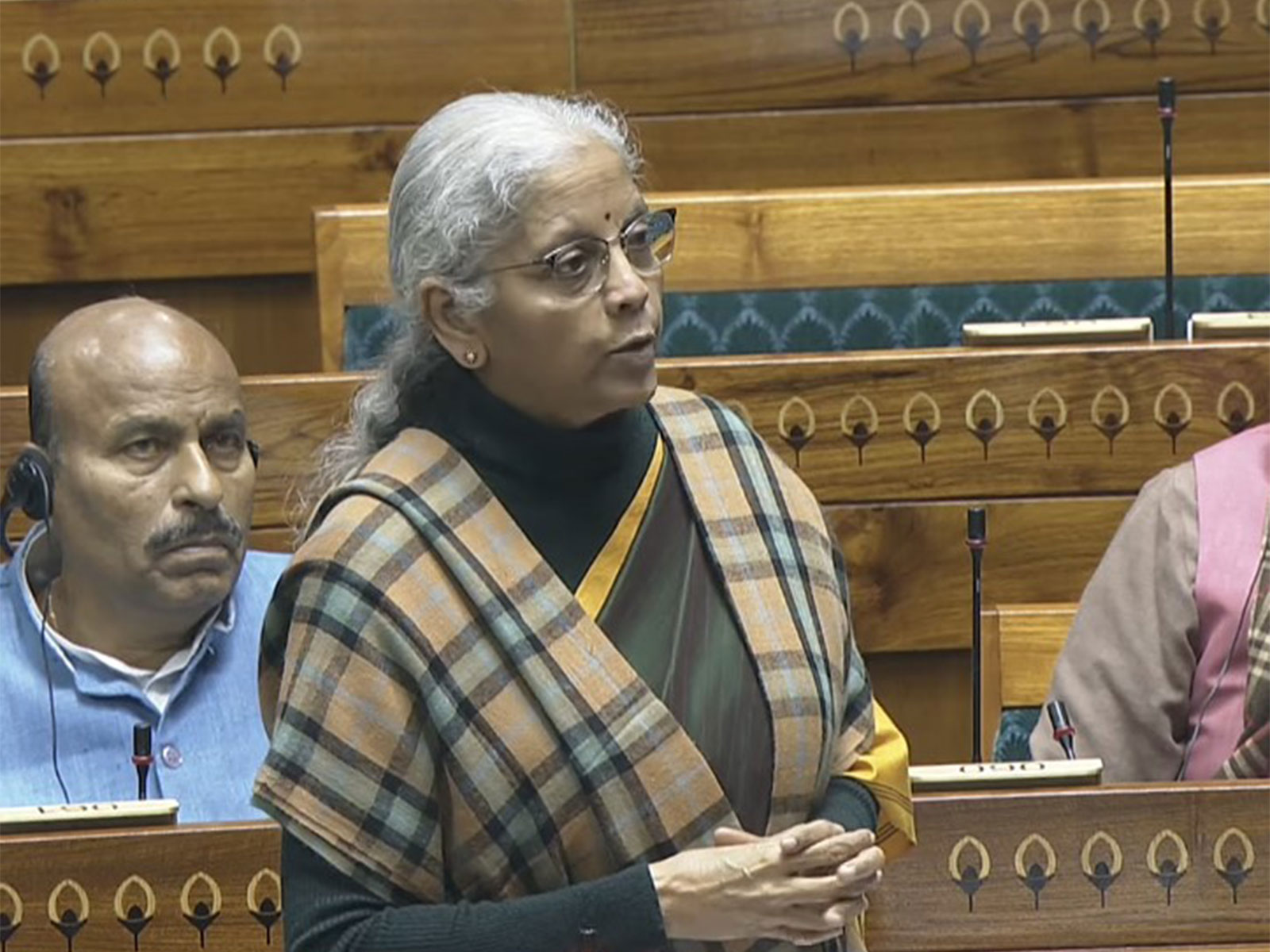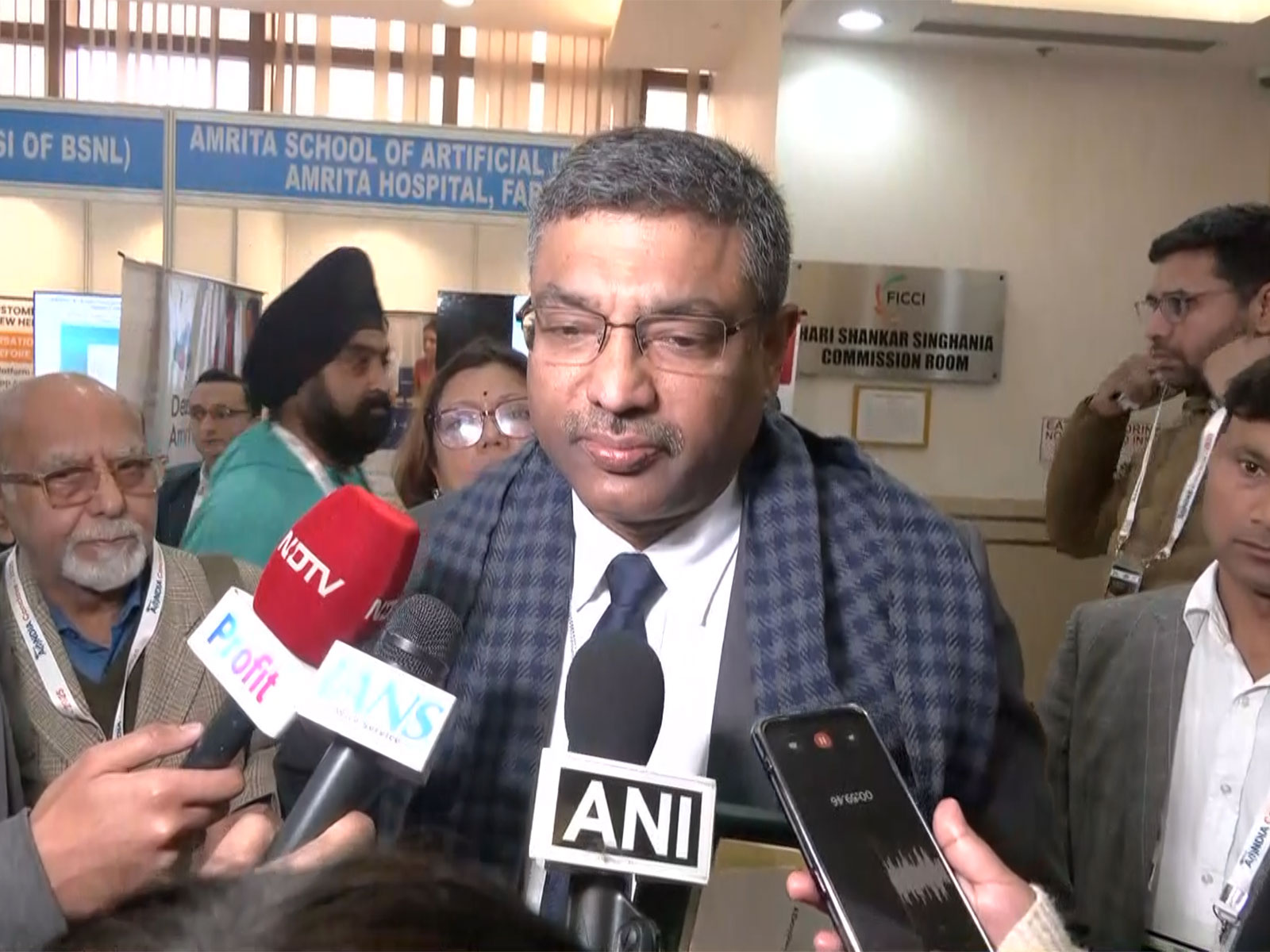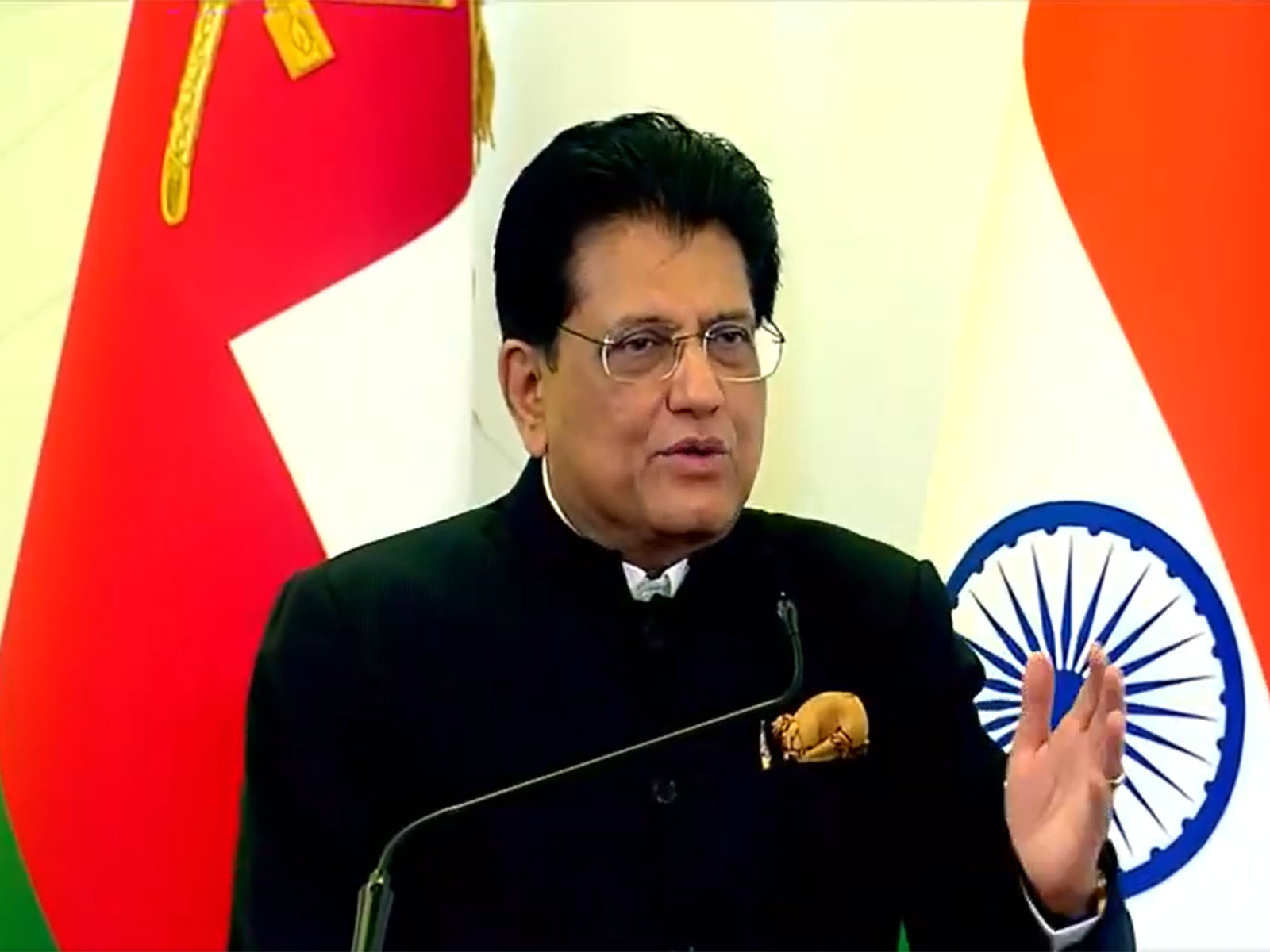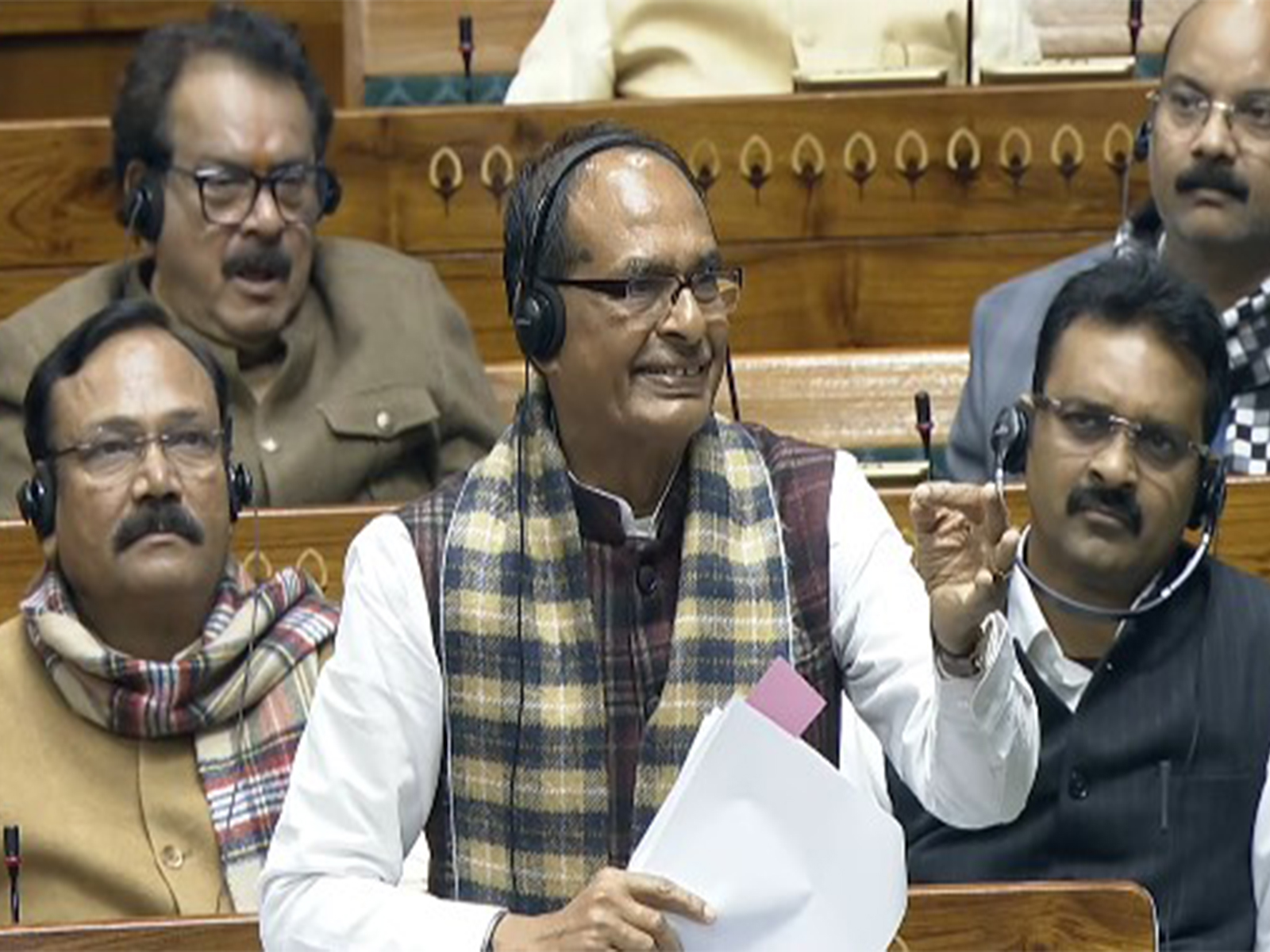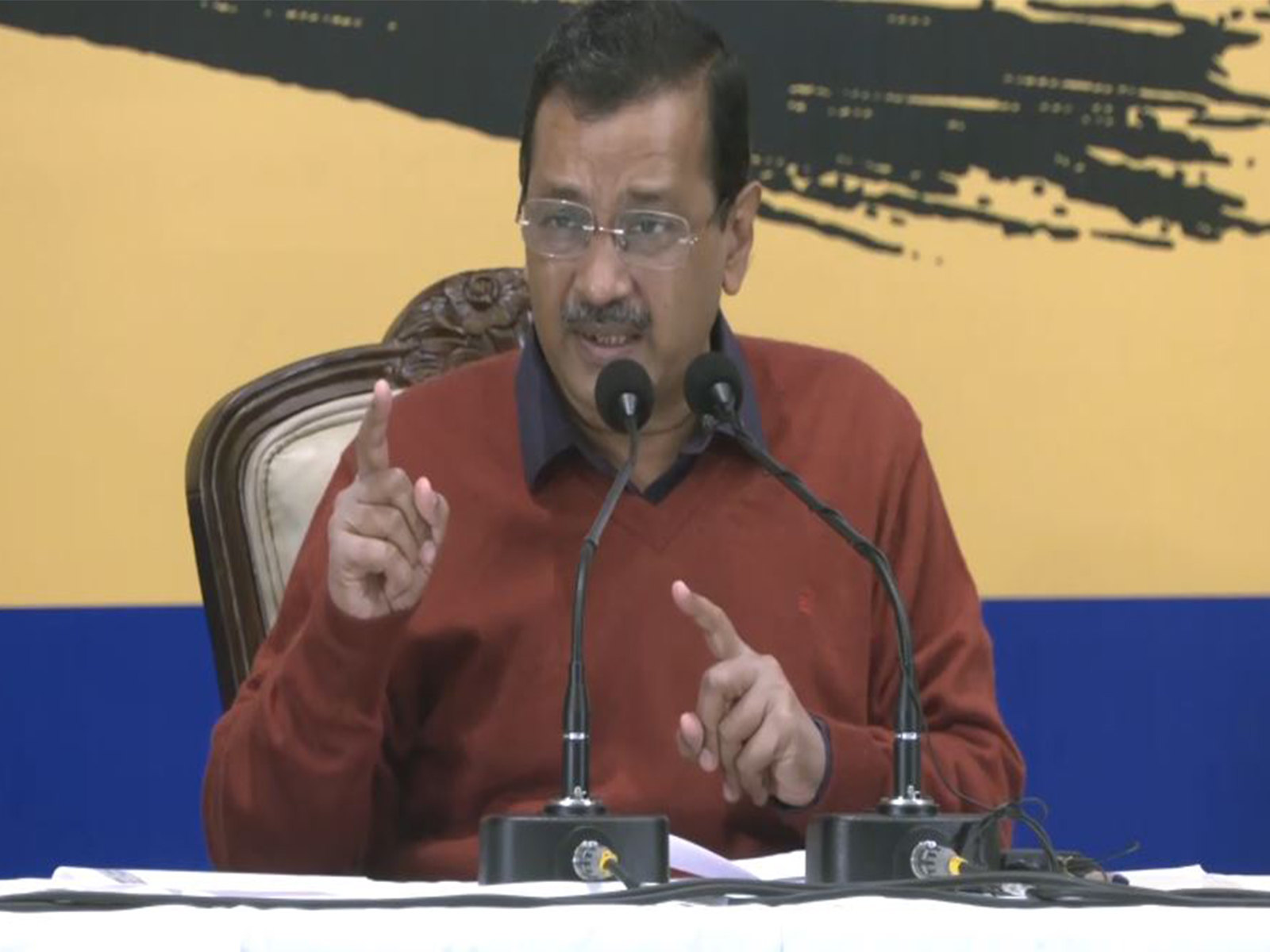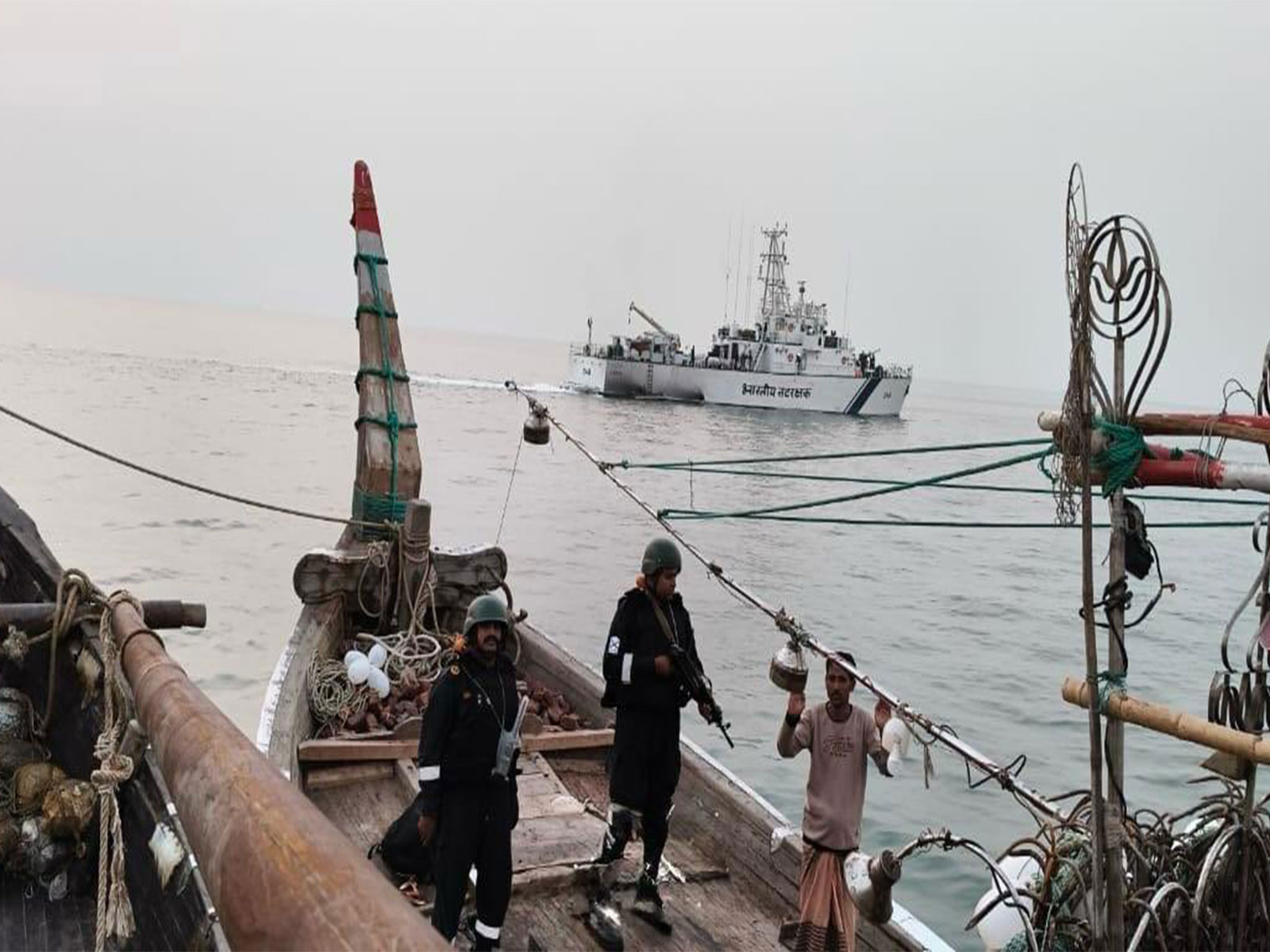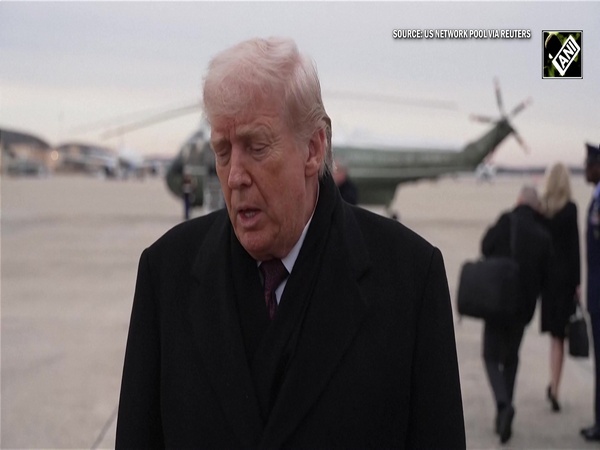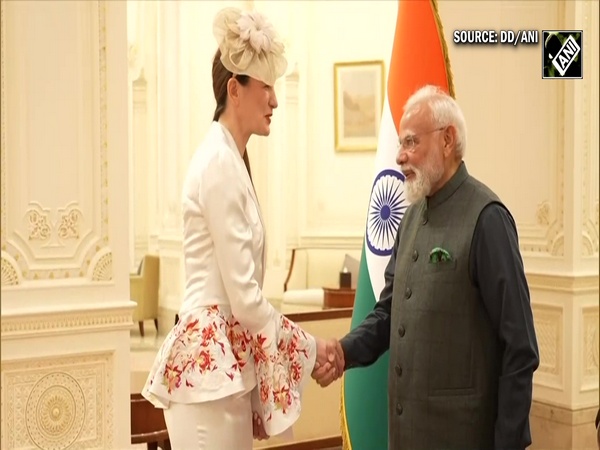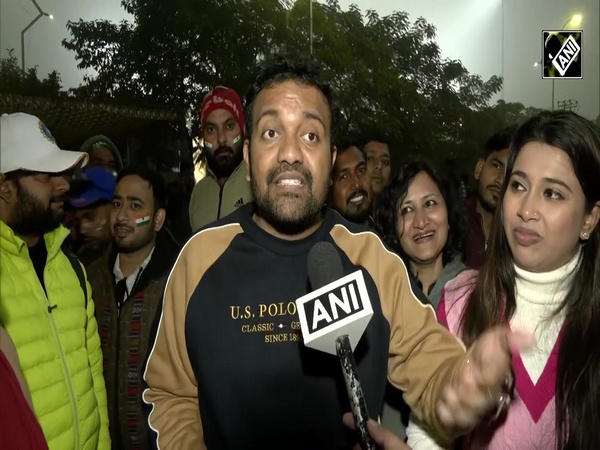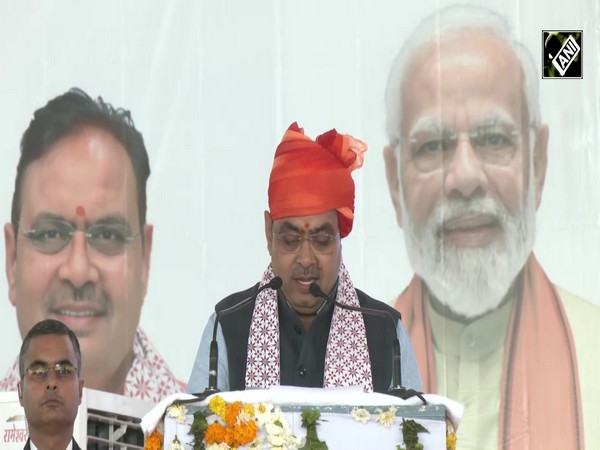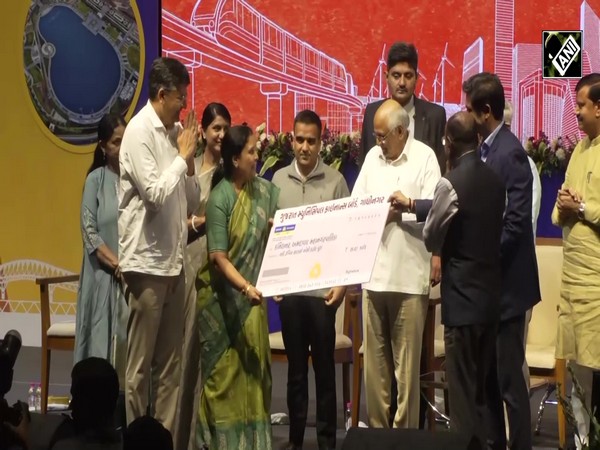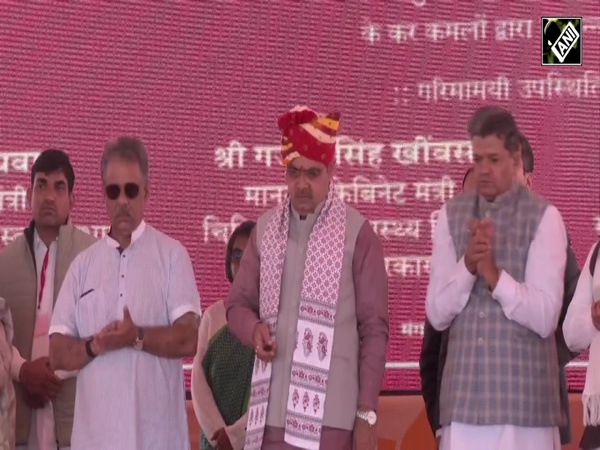India will need increased chickpeas imports to meet shortage: Global Pulse Confederation
Apr 04, 2023

New Delhi [India], April 4 : Globally chickpeas (kabuli chana) production is expected to see a shortage over the next six months or so and India will need to increase its import volumes, and may reach out to Russia, Canada, the US and Turkey to make up for its consumption needs, according to Global Pulse Confederation.
Global chickpeas supplies are under increased pressure over low yield from Indian crops combined with low output in Mexico.
According to the confederation, low crop yields in India were caused by a hot and dry spell in December, which wiped out the potential for the expected bumper crop -- after a 30 per cent increase in sowing area.
India is a large consumer of pulses and it meets a portion of its consumption needs through imports. India largely consumes chana, masur, urad, kabuli chana, and tur.
According to Navneet Chhabra of Global Garbanzo, an exporter with huge market knowledge, the loss in production means the global chickpea supply chain is out by 100,000 tonne and added tight supply in India will also put pressure on global prices -- causing them to increase from the already above-average levels.
Chhabra, according to Global Pulse Confederation, sees short supplies lasting for the next five to seven months. With India at a deficit, it may need to increase its import volumes and all eyes will be on Russia, Canada, the US and Turkey to make up supplies.
"Even if all these origins (producing countries) increase the planted area by 30 per cent, I still foresee a shortage for the next six months, especially of the large calibre sizes," the confederation quoted Chhabra as saying.
It added it is however unclear how the conflict in Ukraine and the ongoing shipping and transport issues out of the Black Sea will continue to affect global chickpea supplies.
The Global Pulse Confederation (GPC) represents all segments of the pulse industry value chain from growers, researchers, logistics suppliers, traders, exporters and importers to government bodies, multilateral organizations, and processors, among others.

